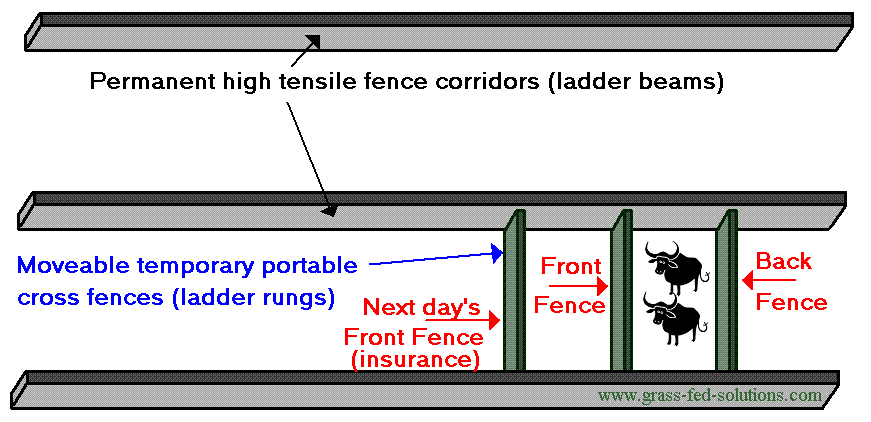




Scott H.
Check out my house project!




S Haze wrote: I suspect that they should really have some liquid water available at all times so I'm hesitant to experiment.
Thanks!




Scott H.
Check out my house project!




S Haze wrote:I'm always looking for ways to be less involved in the daily care of the animals if nature can do the work better than I can.
 2
2








FYI: eating snow will dehydrate you (and animals). It requires massive calories to turn snow to liquid and then bring it up to body temperature for assimilation. Far more than you get from it.
Scott H.
Check out my house project!




Freakin' hippies and Squares, since 1986








Scott H.
Check out my house project!




Scott H.
Check out my house project!




S Haze wrote:Thank you Guerric! It's good to know that this is working for someone. Do your birds seem pissed off in the winter? How cold does it get where you live?








The larger an animal is, the higher heat-producing mass (guts and muscles) to heat-losing surface area (skin) ratio they have and thus keep warm easier. Cows are very large and bulky so they can probably melt snow in their guts with no problem, just because of their sheer mass (which is also thermal mass). Ducks and geese have a very low mass (hollow bones, light weight flesh) to skin ratio. Their feathers sort of help, but their metabolisms are tuned to a life with feathers so it compensates and cancels out the benefit of the feathers. They just don't produce/store much heat and thus can't spare the heat for melting snow/ice for water.David Hartley wrote:FYI: eating snow will dehydrate you (and animals). It requires massive calories to turn snow to liquid and then bring it up to body temperature for assimilation. Far more than you get from it.






Windward Sustainability Education and Research Center
Permaculture Apprenticeships at Windward
America's First Permaculture Cemetery? Herland Forest Natural Burial Cemetery








Liz




Be patient, therefore, brothers, until the coming of the Lord. See how the farmer waits for the precious fruit of the earth, being patient about it, until it receives the early and the late rains. (James 5:7)

|
Quick! Before anybody notices! Cover it up with this tiny ad:
Learn Permaculture through a little hard work
https://wheaton-labs.com/bootcamp
|




